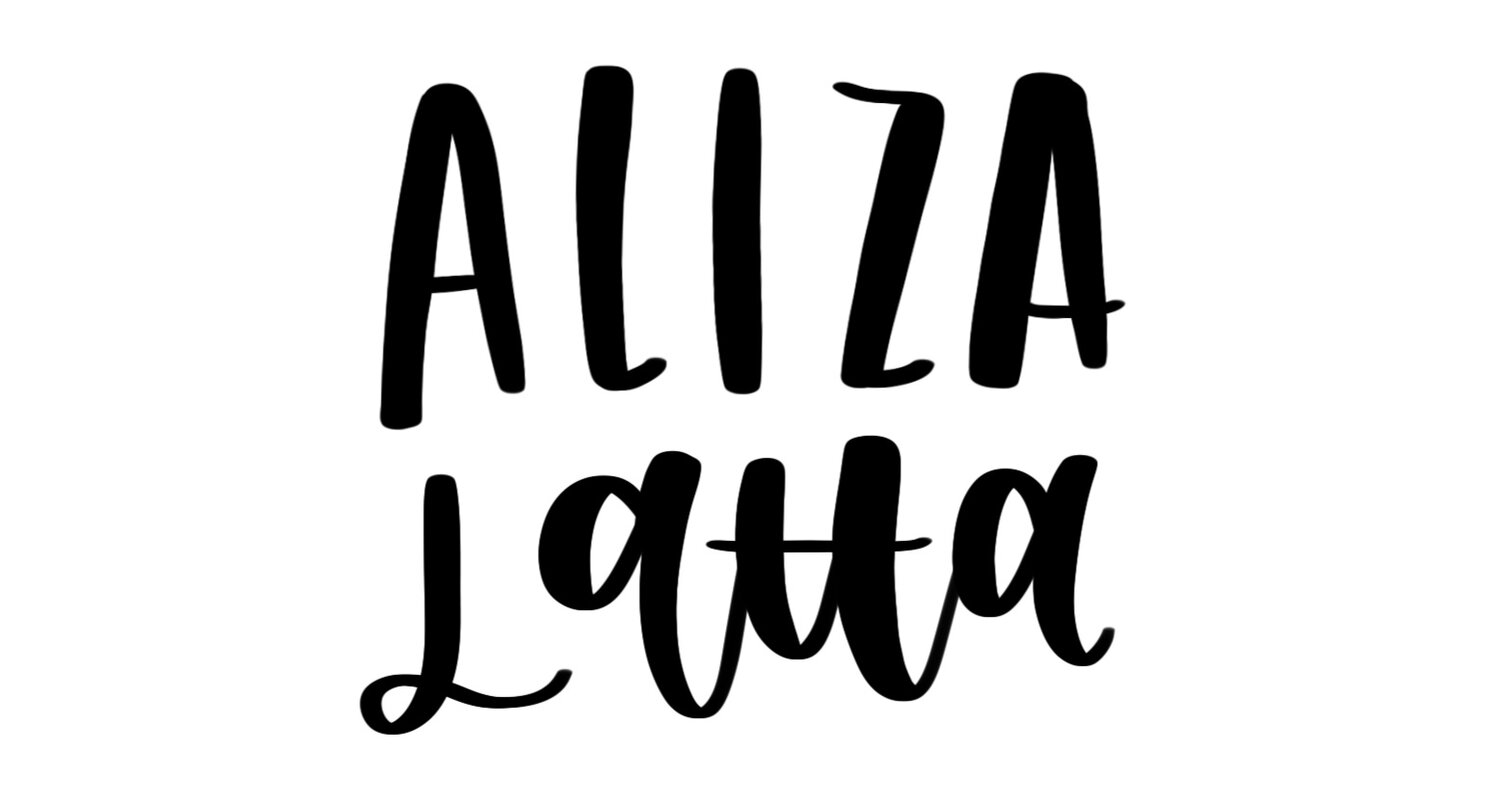I wrote a novel. Three years ago I started writing it. Two years ago I finished. Today I decided to tell you.
I've been meaning to tell you for awhile. But I was waiting... waiting for something bigger, for something more exciting. I wanted to tell you I had a huge publishing deal in New York City, a fancy literary agent, and a good shot at making it on the New York Times Best Sellers.
My goal was to be twenty-years-old and utterly established. I had dreams and goals and a 5-step plan. I told God I would never self-publish. I told God I would only release my book if I made it to the top. Shooting for excellence, you know? I decided anything aside from the best would be simply considered as mediocrity.
It took me two years to realize otherwise. The past few years I have been relentlessly querying literary agents in New York City. I would find the most popular young adult authors in the bookstore, then trace their literary agent's name and publisher who was listed on the back cover. I'd go home and query them, silently begging them to validate me as a writer and human being. I thought if someone well-known accepted my writing, then I must be worth something, too.
I was rejected over 50 times. Rejection letter after rejection letter landed in my inbox. Each one was kind, offering encouragement to try again at another time, or informing me that my story just didn't fit what they were looking for.
In the beginning, I used the rejection as fuel to send more letters, to tighten my writing, to take the time to pray about the right agent—who would surely send my novel to the top of the publisher's list.
But no matter what I did, I continued to be rejected.
Was I a bad writer? Should I not pursue writing fiction? Should I stick to journalism, or hand-lettering, or maybe move on to working at McDonald's?
I thought I was only worth something as a writer if I was on the New York Times Best Sellers.
God was slowly, kindly, tenderly teaching me something else. It took me two years to learn that the validity of my writing and the definition of my worth are not tied to a fancy literary agent or a publishing house in New York.
So now, after years of telling God otherwise, I have decided to self-publish my novel.
I had to get to the point where publishing it myself didn't feel like settling. It doesn't feel like settling anymore. It feels like the most exciting prospect of my life.
My book used to be about becoming known. I can sincerely tell you it's not about that anymore. I'd like to start small, taking the hours and days and months and years I have spent on this story, and quietly offering it out into the world.
Maybe it'll just be my mom and my sister and my best friend who read it. But that's okay. Because the lessons I have learned these past three years—that my worth and my writing are not determined by what anyone says or thinks—well, those lessons mean far more to me than getting on the New York Times Best Sellers.
I haven't given up hope on that, though. But it's certainly not the driving force for why I write. It used to be. Not anymore.
Soon my novel will be released into the world. I'm petrified and elated and grateful that God has been so kind to me, quietly molding me into someone who recognizes her worth.
I don't have a hard release date for the book yet. This is all very new to me, but I'll make sure to keep you informed as I continue in this process. This is what I can tell you for now: my book is titled Come Find Me, Sage Parker, and is a contemporary young adult novel.
I cannot wait to share my words with you. I've been waiting three years. I'll try my best to wait a little longer.



